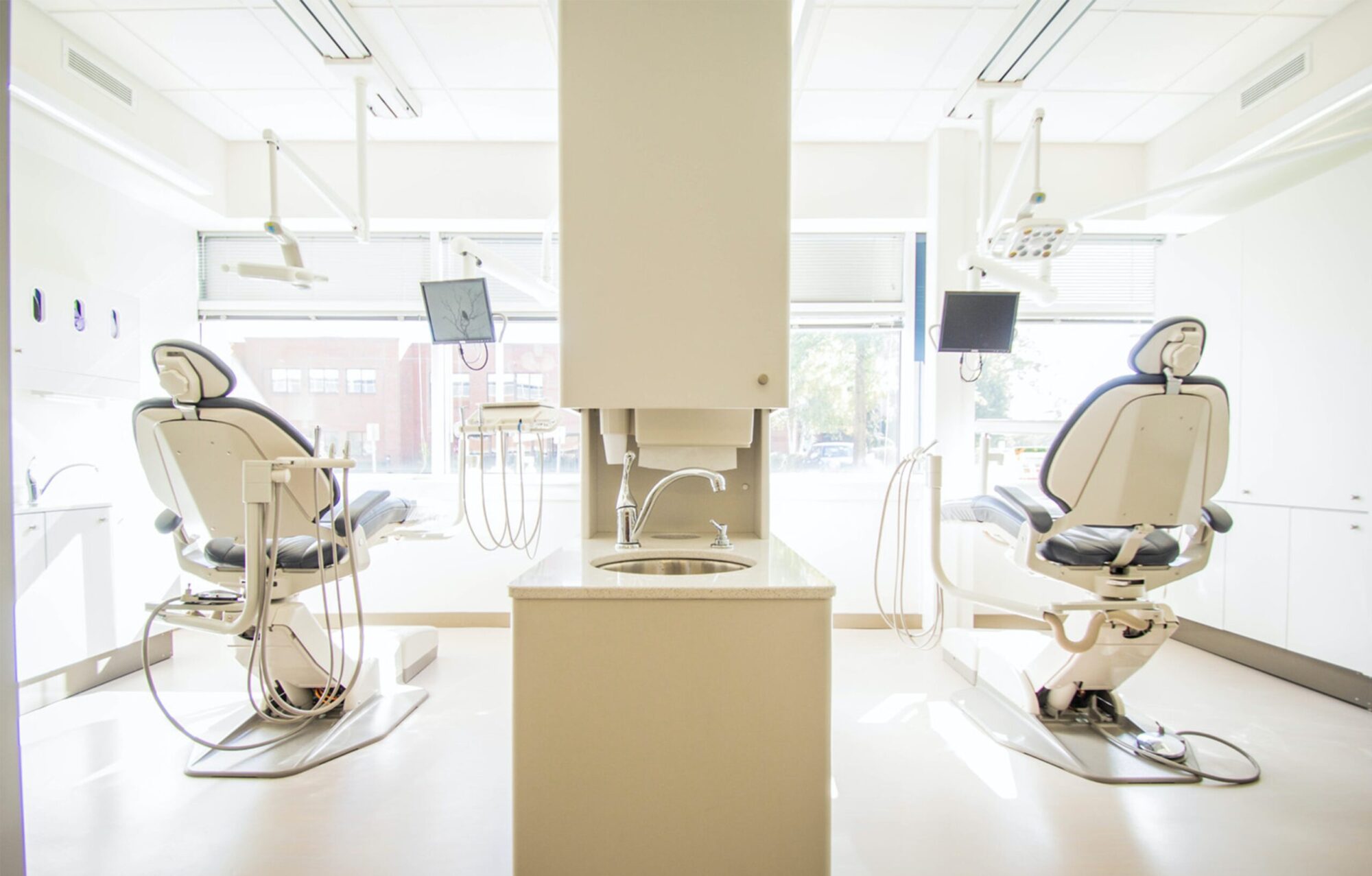Do you experience teeth sensitivity? Have you noticed chipping on your teeth? Do you sometimes wake up with a headache and/or jaw soreness? If you have answered yes to any of the above, you may be grinding your teeth at night!
Nighttime teeth grinding is more common than we think. This is because we express stress in our sleep. Not only do we tense up our bodies during times of stress, but we also tightly clench our jaws, causing our teeth to grind against each other excessively. This can cause major problems because teeth are not meant to carry that much stress. Over time, grinding can wear down and fracture teeth and cause irreversible jaw or TMJ problems.
How do I know if I grind my teeth?
Typically there are NO signs or symptoms that we grind our teeth in the early stages. Symptoms arise when it is too late, and we have already lost a good layer of our enamel, which protect the inside of our teeth. Your dentist may be able to detect early signs of grinding if they observe wear facets on your enamel.


The holes are where the teeth are touching during grinding. At this stage, the top layer (enamel) is worn down and the inside layer (dentin) is exposed. When this happens, we become sensitive to hot/cold because the nerve fibers inside our teeth are exposed.
Wear facets are indentations, holes, or flat surfaces on your enamel that are indicative of grinding. For example, if you are showing wear facets on your lower left molar, that means your upper left molar is hitting hard against your lower left molar, digging into your enamel (top layer) and into the dentin (inside layer). Your dentist may recommend covering the exposed dentin with a composite filling and a nightguard to prevent other teeth from the same plight.
Symptoms of habitual nighttime grinding include:
- Sensitivity to temperature
- Headaches
- Jaw pain
- Jaw soreness
- Worn down teeth
- Exposed dentin (yellow, inside layer of the tooth)
What are signs that I grind my teeth?
The biggest objective finding we notice as dentists from someone who grinds their teeth is the presence of abfractions. Abfraction is the loss of enamel or dentin near the gum line.


Chipping near the gum line happens because it is the softest part of the tooth and thus receives the most stress during grinding. If not addressed, abfractions can get worse over time, causing sensitivity, fracture, or exposed root canals.
Worn-down enamel and abfractions should be treated with a composite filling because we want to avoid any exposed nerve fibers, which cause teeth sensitivity. Filling the exposed parts of the teeth will not only relieve sensitivity, but it will also ensure these areas do not get cavities.

What is the treatment for grinding?
A person with habitual grinding during sleep should get a custom-made nightguard. A nightguard will protect the teeth from causing stress and damage at night as well as alleviate any jaw muscle contraction that can cause headaches and jaw pain.


It is also important to be conscious of any clenching throughout the day. It takes weeks or months to be fully aware of just how hard you are clenching your teeth. During rest, you are not supposed to be touching your teeth tightly because constant tight contact can cause stress throughout your jaw and teeth nerve fibers.
Full mouth reconstruction (FMR) is an option for those who have lost significant teeth and enamel. FMRs aim to replace lost enamel and worn-down teeth with porcelain crowns and open up one’s bite so that attrition and wear is addressed. FMRs are typically very complex and expensive and should only be performed by experienced dentists with broad knowledge and expertise in the area of occlusion.

How Much Do Nightguards Cost?
Nightguards can cost anywhere from $20-$1,000. One should avoid cheap, over-the-counter nightguards because they are NOT custom-made to your teeth. These can cause jaw problems in the long run because they do not have the right thickness or fit, causing your jaw to move improperly during sleep. Nightguards are worn not just to prevent grinding. They are also used to guide your jaw during sleep. Any discrepancy from “normal” may cause jaw soreness and pain. It is invaluable to consult your dentist for a custom-made nightguard to avoid any jaw issues.
If you suspect you grind your teeth or if you would like a consultation about nightguards, visit BMEdental.com to book your appointment today!
